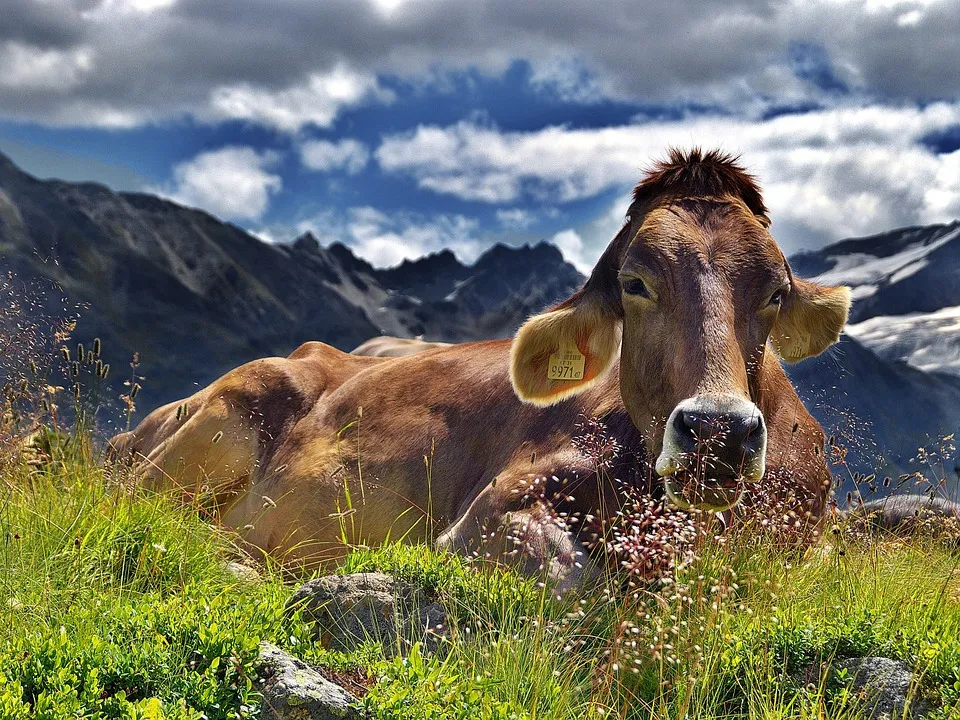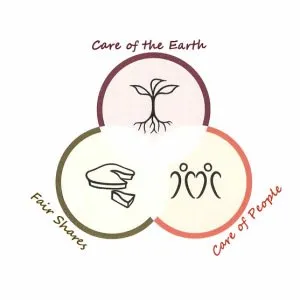Why not? After all, systems are dynamic, and if something fits into the overall mindset, without having been covered by other principles, it just might become one. But what exactly happened here? What's the background story that inspired this post?
It was a question by @papa-pepper posted here, why we think he's so successful on Steemit. Without thinking too deeply about it, I wrote down the one thing I consider super important, not only for Steemit, but for many other areas in this world:
If you want to get the most out of something, you have to put into it, help it develop. And nothing could be more spot-on to describe @papa-pepper's activity on Steemit. Sure, he publishes photos of flowers, or videos of snake encounters, but what really sticks out are the social interactions: the audiobook, the lyrics contest, or the survival game I got hooked on recently, just to name a few. With so much input, it's no wonder people follow him, upvote his posts, and resteem his publishings.
But then I took a step back.
This concept applies to many other areas.
So here are a few examples off the top of my head:
The first one was the dairy cow you keep, so you can have milk for your kefir. Obviously, you want the most milk possible, and the best of it. So it is in your best interest to provide your cow with the best variety of delicious grasses and herbs, so both she and her calf can be as healthy and vital as possible. Also, you might wanna go all the way with intangible things such as fresh air and sunshine, to meet all their needs as fully as possible. And what's true for the cow also goes for the peach tree and for the fish pond.

Then, let's apply the same principle to machines: Say you want to cross the continent on a bike. (Yeah!) You are most likely gonna not only get the best bike possible, but the one that you can fix most easily. You'll get the best parts, the best tools, and during your tour you are probably going to check it daily for the slightest problems. You want the most out of it, so you're gonna have to put the most into it. But you'd have the same approach to your computer, especially if you depend on it for work.
Okay, see where this is going? Now think about human relationships: with your neighbors, your coworkers, your children, your parents, your partner. Apply it to organizations, like your business start-up, or the NGO you're organizing, or let's say, you find yourself part of a government agency or a religious cult. In either case, if you are gonna have to put some time, work, and probably funds into it, usually beforehand, if you want anything out of it.
Universal Truth, but a Permaculture Principle?
While this sounds all so true and full of wisdom, but let's apply the scrutiny of the ethical principles of Permaculture: Care for the Earth, Care for the People, and Return all Surplus. By taking our approach of nurturing a system that we want to take something out from, we are sustaining it. This will benefit not only us, but the system too, as well as other related systems. So yes, depending on what we apply it it to, we are taking care of the earth and people. As for the surplus, … we are wise in returning whatever we don't use for ourselves, to nurture the system some more. Or nurture other systems with the surplus of one. But nurture we must. So it seems like yes, it corresponds with the ideas of Permaculture. In fact, I would go a step further:
This is THE ESSENCE of the three ethical principles:
Take care of our world, and each other, by reinvesting all surplus into them. If you want to take something out, you have to put something in. That explains why nobody phrased it into one point. It has been there all this time, right in the center.
